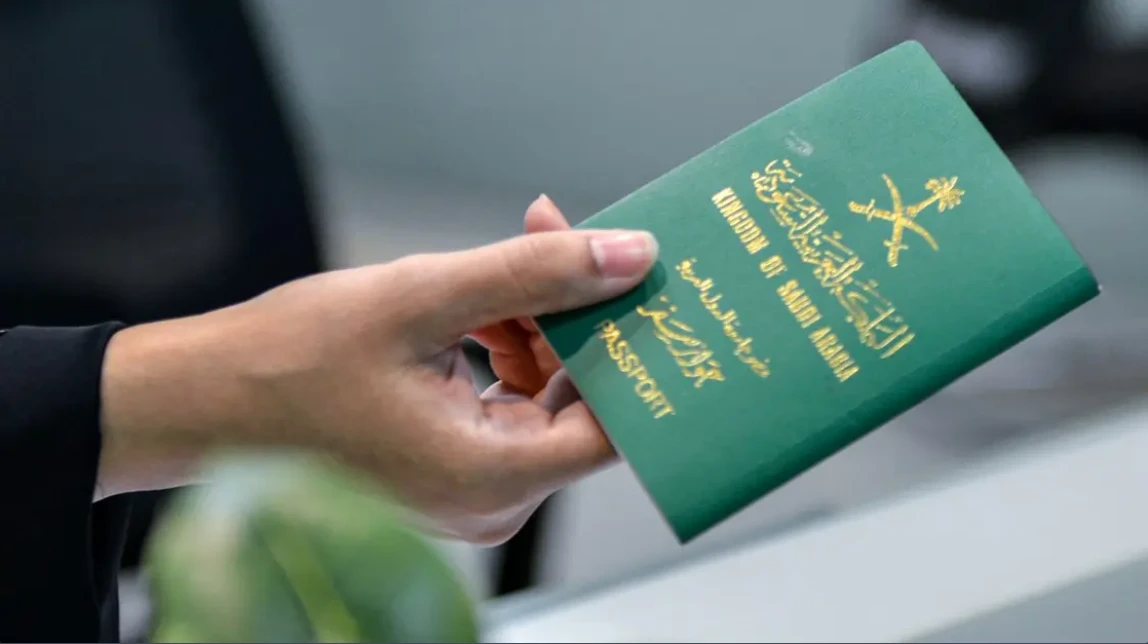Saudi Arabia, UAE likely afraid of Iran-Israel war, here is why
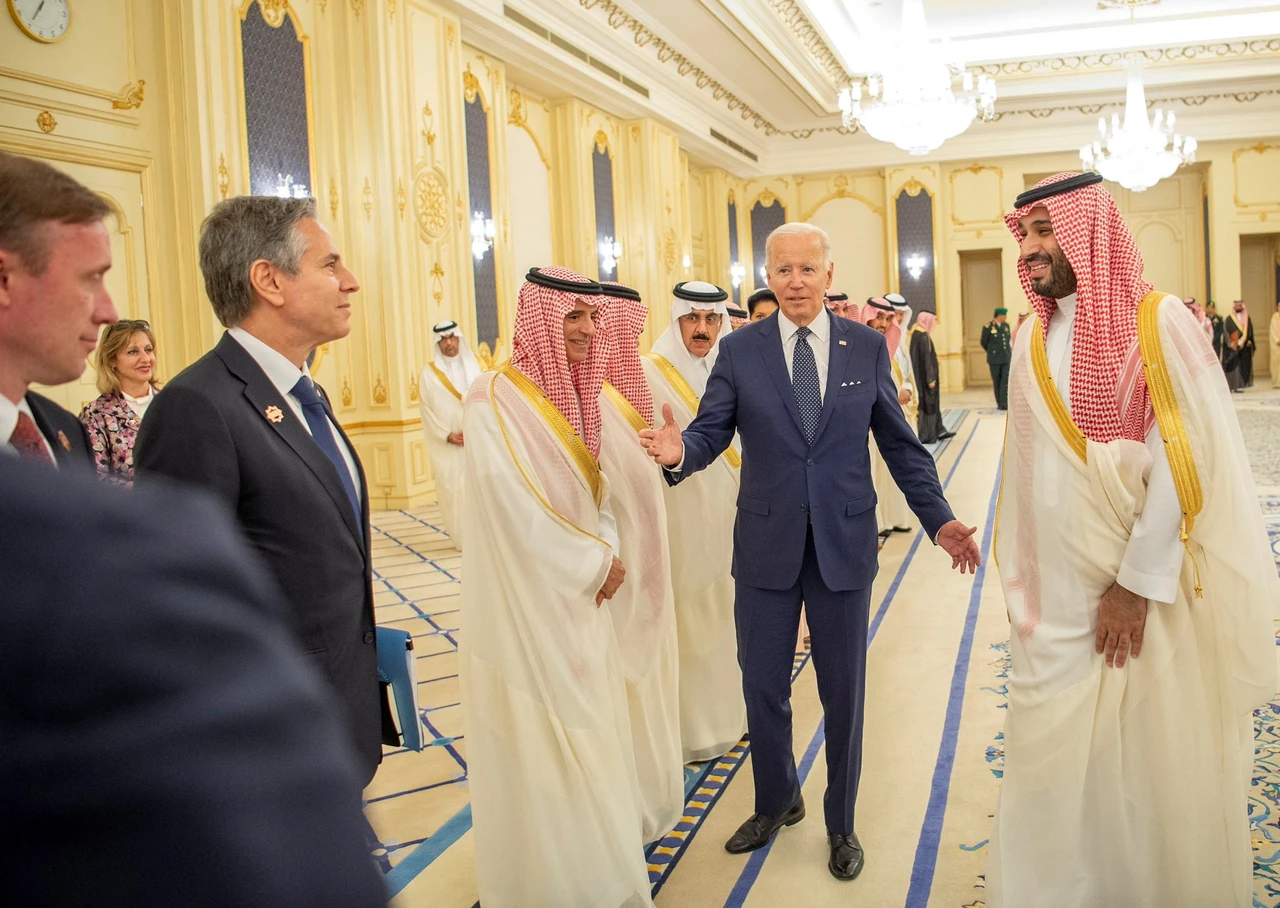 Saudi King Salman bin Abdulaziz and U.S. President Joe Biden meet at Al Salman Palace upon his arrival in Jeddah, Saudi Arabia, July 15, 2022. (Reuters Photo)
Saudi King Salman bin Abdulaziz and U.S. President Joe Biden meet at Al Salman Palace upon his arrival in Jeddah, Saudi Arabia, July 15, 2022. (Reuters Photo)
In September 2019, Houthi drone attacks on Saudi Arabia‘s oil processing facilities at Abqaiq and Khurais sent shockwaves throughout the Middle East. Initial reports indicated that the Iran-backed Houthis launched 10 drones and missiles, yet the attacks caused significant damage to Saudi oil infrastructure, resulting in large fires and forcing both facilities to shut down for several days.
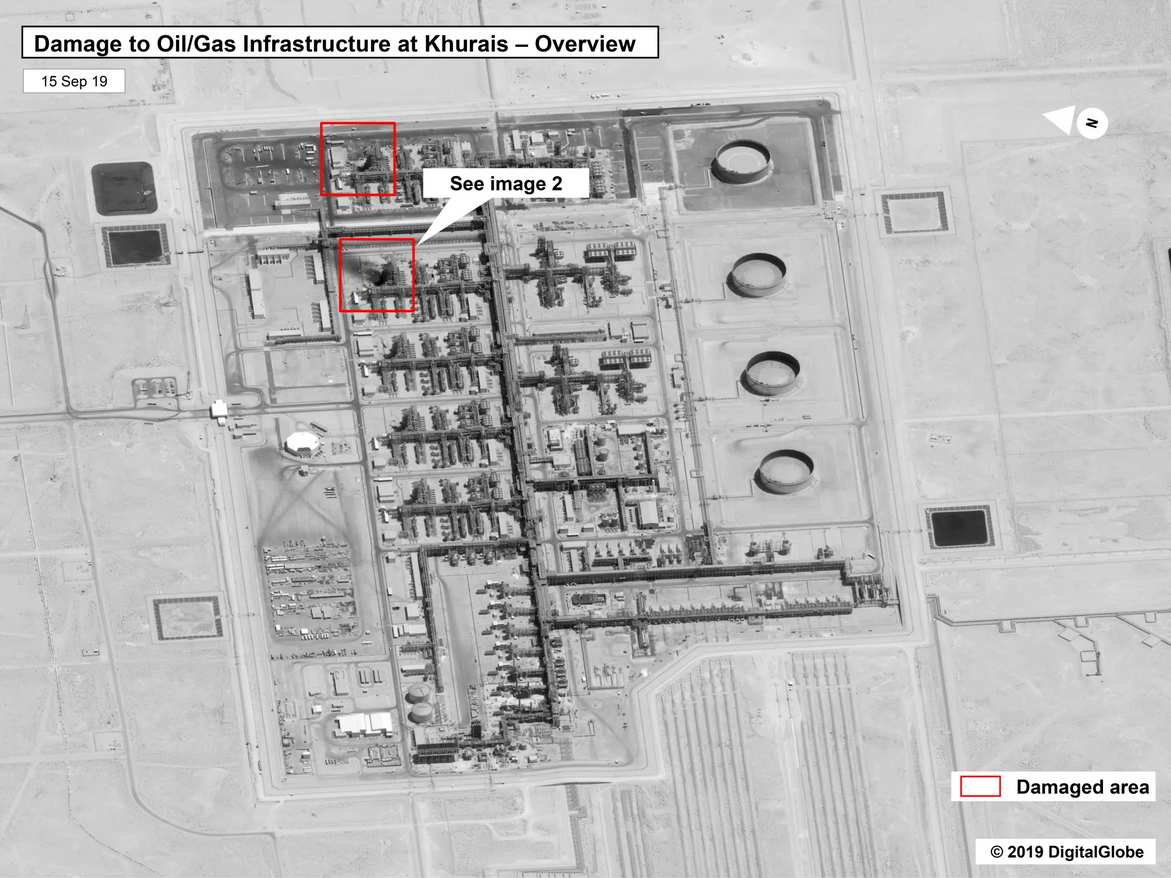
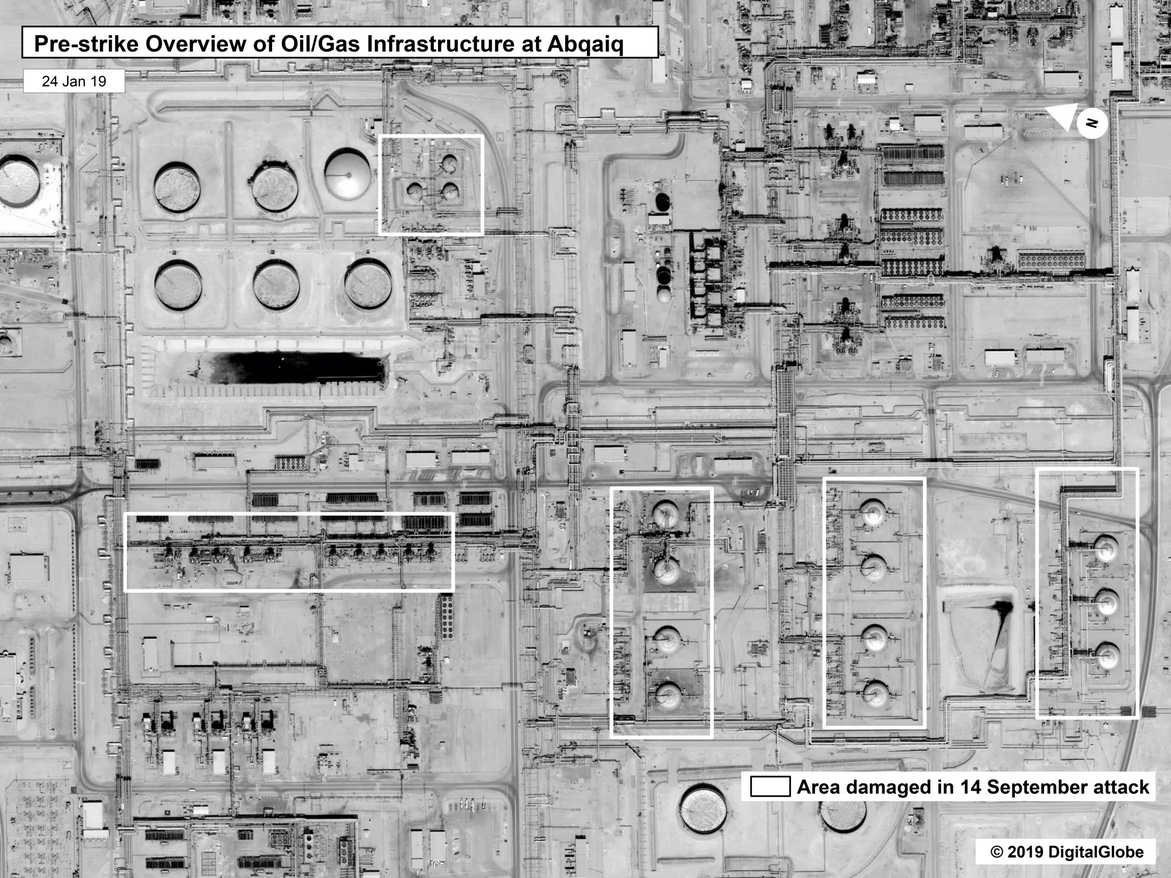
However, an independent U.N. report revealed that Houthi forces were not responsible for the attacks, contradicting earlier claims and intensifying U.S. accusations of Iran’s involvement.
Looping back to today, while Iran has not explicitly threatened Gulf-based oil facilities, it has warned that “Israel’s supporters” in the region could be targeted if Iran’s interests are jeopardized.
No official threat, yet
Attacking Gulf-based oil facilities is a political asset that Iran can use against the U.S. if escalation turns into a all-out war.
Saudi commentator Ali Shihabi noted that “the Iranians are dropping hints” from unofficial sources about a potential Iranian attack on these facilities.
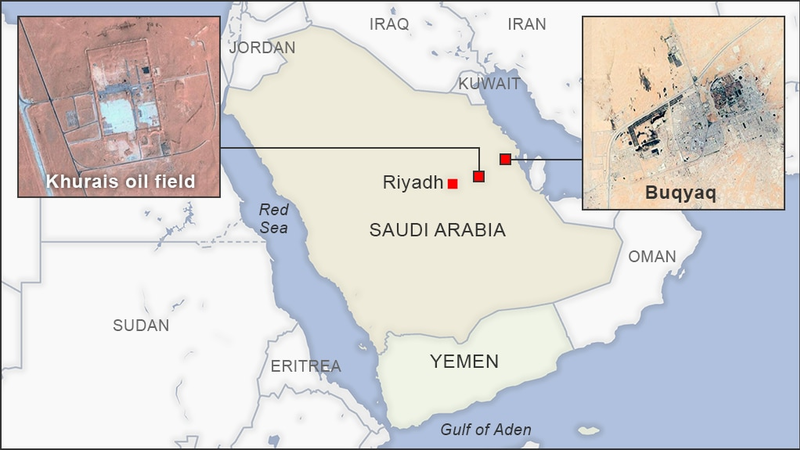
While Gulf states, including Saudi Arabia and the UAE, maintain neutrality in the recent military tensions between Iran and Israel, a significant attack on Iran’s oil infrastructure could ignite a regional conflict.
Such a scenario might prompt Iranian-backed Houthis to target oil facilities in Saudi Arabia and possibly the UAE. The 2019 attacks disrupted 5 million barrels per day of crude production in the Kingdom, highlighting the potential consequences of escalating hostilities. Although the UAE is known as a vital economic partner for Iran, an all-out war may create new realities on the ground.
Following the 2019 attacks, there was widespread speculation about a significant shift in Saudi Arabia’s policy toward Iran.
Assurance of neutrality
On Oct. 3, 2024, Gulf Arab states sought to reaffirm their neutrality during a meeting of Asian nations hosted by Qatar. However, the situation remains precarious; depending on the extent of Israel’s retaliation, military tensions could escalate, potentially forcing Gulf states to take sides in the conflict.
According to Axios, U.S.-based media reports indicate that Iran’s oil facilities are among the primary targets Israel is considering for potential strikes.
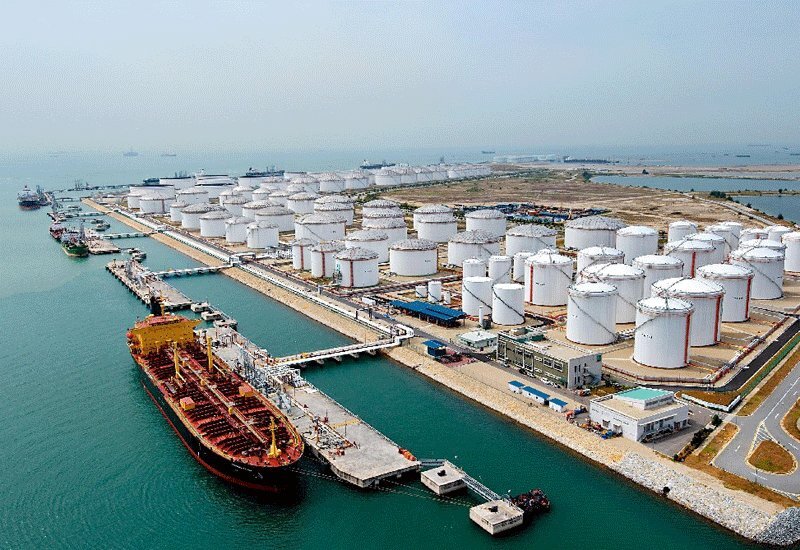
Kharg Oil Terminal is one of the first possible targets. The terminal is located approximately 30 kilometers (18.6 miles) away from Iran’s northwestern coast and it handles 90% of the country’s global crude oil exports.
Along with oil facilities, Israel also considers targeting Iran’s nuclear facilities, including Bushehr, located by the Persian Gulf.
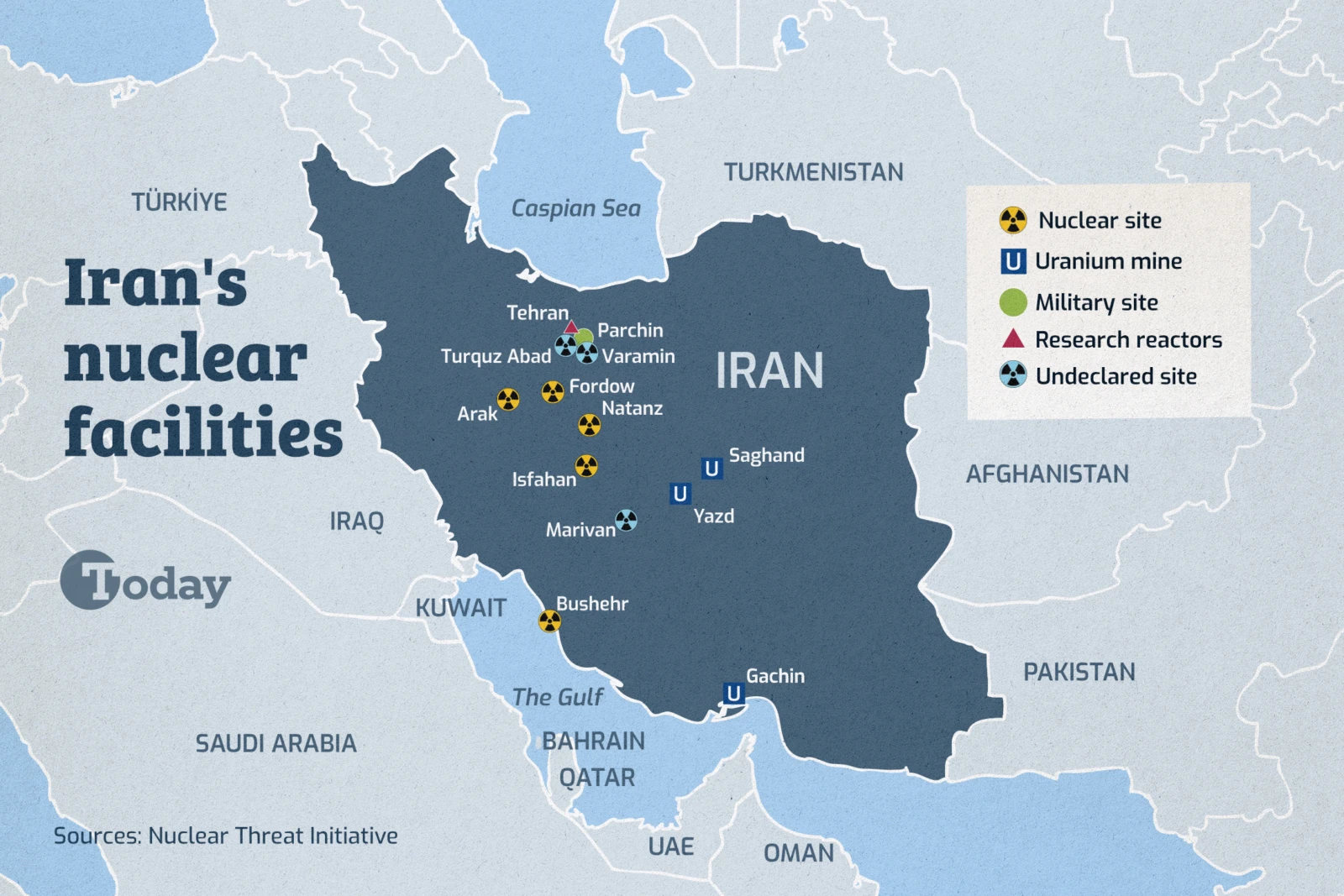
Analyst Patrick Wintour from Guardian noted that while Gulf states may benefit from Israel’s military pressure on Iran, the prospect of an all-out war carries serious implications that these nations consider dangerous.
An Arab diplomat highlighted one potential outcome: if Israel were to achieve a decisive victory over Iran, “it would bequeath the Middle East with a grim lesson – that justice can be obtained through total war.”
